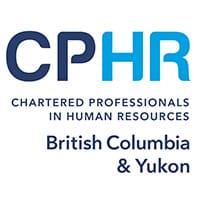When conflicts arise in the workplace, it’s crucial to know that there are various options available to resolve them. Understanding how to resolving disputes is not just a necessity—it’s a strategic advantage.
Common workplace disputes
Disputes between employers and employees can stem from a range of issues. Common disputes include:
- Wage and hour claims
- Harassment and discrimination allegations
- Wrongful termination
- Disagreements over employment contract terms
These disputes can arise at any time and affect any worker or business. And often, it is not just about the immediate disagreements; these conflicts can reflect deeper challenges within the workplace environment. Thus, the approach parties take to resolve them, and the outcomes can have far-reaching implications.
Finding the best method for resolving workplace conflicts
Several methods exist to resolve these disputes, each with its own set of procedures:
- Direct negotiation: Parties discuss the issue and try to reach a mutual agreement.
- Filing a complaint: The Employment Standards Branch assesses and investigates complaints parties make, if appropriate.
- Mediation: A neutral mediator facilitates communication to help parties reach a resolution.
- Arbitration: An arbitrator hears both sides, then makes a binding decision.
- Litigation: A party files a formal lawsuit, and a court decides the outcome.
You must also consider a range of factors that will dictate which approach can be most effective for your case. Such factors can include:
- The nature and complexity of the dispute
- The relationship between the parties involved
- The desired speed of resolution
- The existence of any contract defining rules for dispute resolution
- The willingness to keep matters private or public
Whichever path parties take to address a workplace conflict will significantly impact the outcome, and thus, it requires careful consideration. Further, understanding and choosing the proper dispute resolution method is essential for protecting your rights and interests, whether as an individual or a business.
With a proactive approach and informed decision-making, navigating these disputes can lead to constructive solutions that uphold the principles of respect and fairness in the workplace.
Remember, you have options when faced with an employment dispute. The key is to assess the situation carefully and consult a lawyer determine the best course of action for your specific circumstances.


